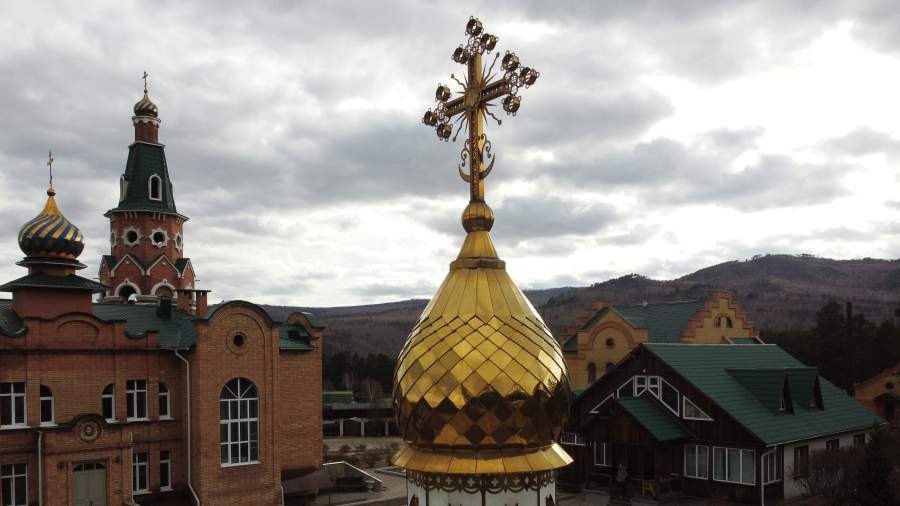Important holidays on April 27 are Antipaskha and Krasnaya Gorka: what is strictly forbidden to do, signs
- Новости
- Local news
- Important holidays on April 27 are Antipaskha and Krasnaya Gorka: what is strictly forbidden to do, signs

On Sunday, April 27, Orthodox believers celebrate Antipascha, also known as Krasnaya Gorka, the time of weddings. What the name "Antipaskha" means and how to celebrate the holiday correctly is in the Izvestia article.
Antipascha or Fomino Resurrection — 2025: the essence of the church holiday
According to the church calendar, the first Sunday after Easter is called Antipascha, or St. Thomas Sunday. In the folk tradition, the holiday is known as Krasnaya Gorka, it's time for weddings.
The name "Antipascha" does not at all mean opposition to the main Christian holiday, it is rather a repetition and completion of Easter celebrations, a celebration of the holiday.
The term appeared as early as the sixth century, and church services on this day in many ways resembled Easter services.
On this day, the Church celebrates the assurance of the Apostle Thomas in the Resurrection of the Teacher, Jesus Christ.
Krasnaya Gorka — 2025: what an Orthodox holiday
The popular name of the first Sunday after Easter is Krasnaya Gorka. According to one version, the name is due to the fact that during this period there was no strict fasting, and young people went out for festivities, often arranging them on a high place where the snow melted in the first place.
From that day on, the sacrament of Marriage was resumed in the temples, and therefore there were many weddings on Krasnaya Gorka.
It was believed that weddings played on Krasnaya Gorka would ensure a happy family life for the newlyweds. Married couples were treated as lucky, they believed that such a union would be strong and fruitful.
Commemoration of the dead in April 2025
It is not customary to commemorate the dead in a special way on Easter and the entire subsequent festive week. In April 2025, the first special memorial day for the deceased, Radonitsa, falls on Tuesday, April 29.
On this day, believers present a note in the church with the names of the deceased so that they can be prayed for at the liturgy, and also come to the cemetery to share Easter joy with the dead and put the graves in order.
Some organize a memorial meal on this day: kutia, pancakes, and colored eggs are prepared and served, and some of the food is distributed to those in need with a prayer for the repose.
What not to do on Antipascha and Krasnaya Gorka
Since Antipascha is a continuation of the feast of the bright Sunday of Christ, it is also customary to attend church services on this day, but the main focus is on the appearance of Christ to the Apostle Thomas.
Conflicts and quarrels are forbidden on this day, just like I am on any other. It is important that it is not yet time to go to cemeteries, and memorial services are not served in churches before Radonitsa.
But if someone came to the grave, you can pray on your own and sing the Easter troparion.
Folk signs of April 27
On April 27, people remember St. Martin, who was also nicknamed "The Foxhound." It was believed that it was on this day that foxes left their old holes and dug new ones.
There were also weather signs for that day.:
If light clouds are followed by thunderstorms, expect precipitation and strong winds. If it snows, frosts are likely in May.
On the contrary, thunder on Fomino Sunday is a harbinger of a bountiful harvest. And if there are a lot of stars in the night sky, expect a rich harvest.
A sharp cold snap on Anti-Easter warns that the next seven days will be rainy.
Переведено сервисом «Яндекс Переводчик»
